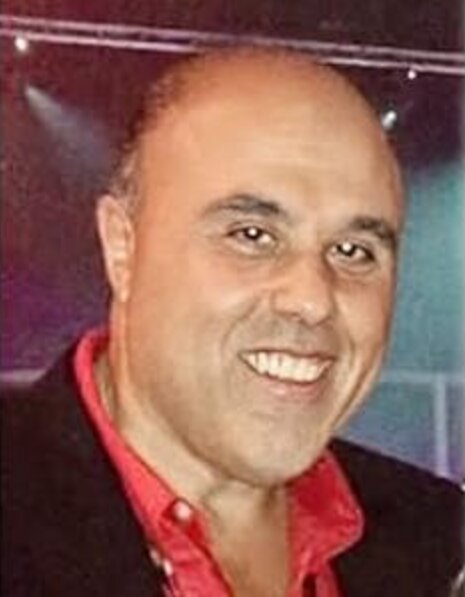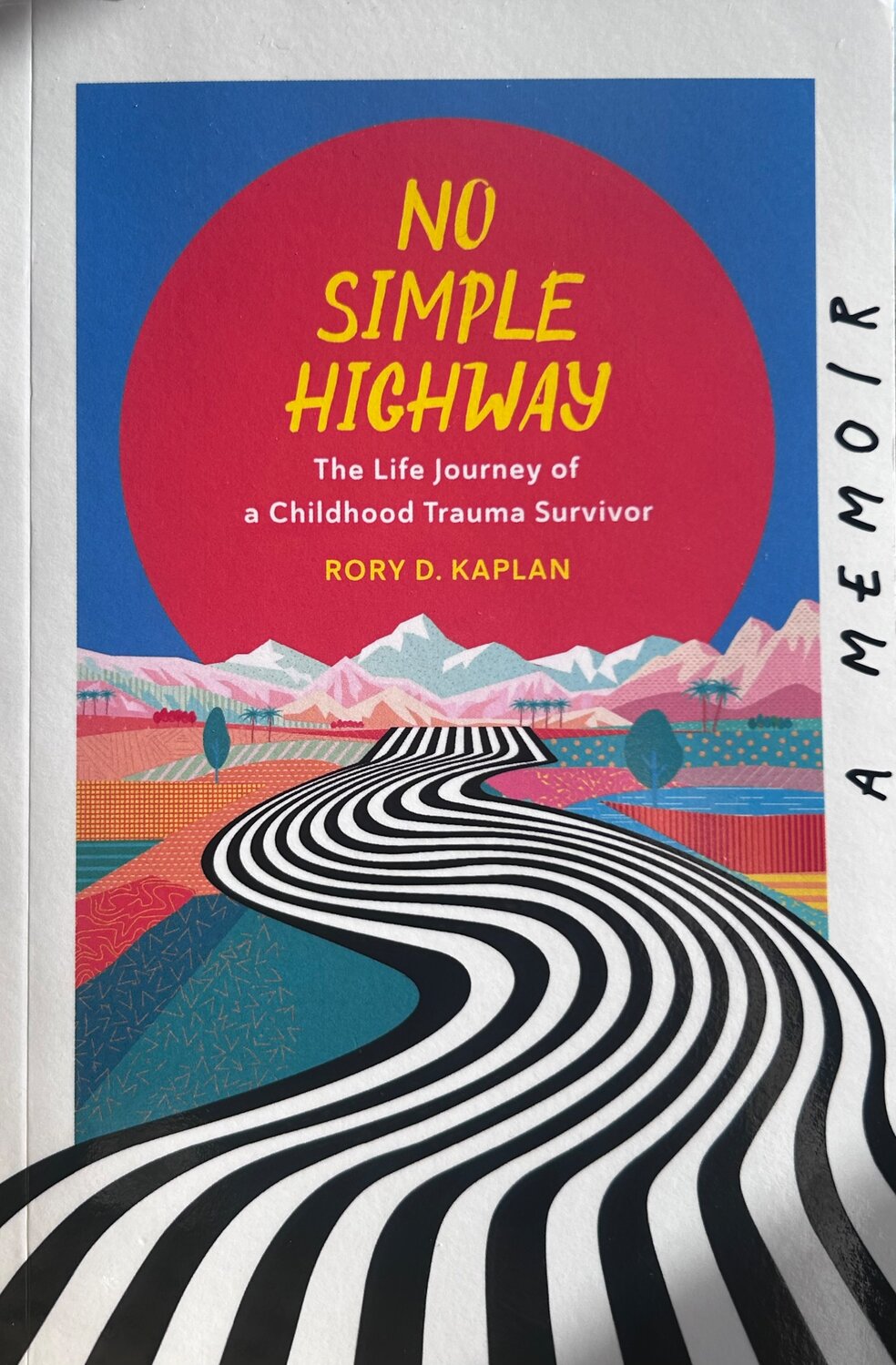Rory Kaplan of Bellmore pens powerful memoir about life after trauma
Work shows others how to survive trauma
Growing up is challenging, and individual circumstances may make it easier — or much harder. For 68-year-old Rory Kaplan, the latter rang true. Living in the same North Bellmore home for over three decades, he has learned to make peace with his past — but his journey didn’t go without plenty of hard work and determination.
Kaplan turned his story into a memoir, “No Simple Highway: The life Journey of a Childhood Trauma Survivor,” which was released on Nov. 2. In hopes that others may learn from it, Kaplan dove into the physical and verbal abuse he, his brother and sister faced at the hands of their mother while growing up. Severe beatings took an unbelievable toll on the siblings, he said.
Even losing his eyeglasses when he was six years old instantly triggered his mother’s rage, creating a disaster for him.
“I somehow got through it,” Kaplan told the Herald, “and I came out of it.”
A Brooklyn native, Kaplan found security in the loving, nurturing perimeter of his grandmother’s house at a young age. But that changed, he said, when his immediate family made their way out of their grandmother’s house and moved to the southern Brooklyn neighborhood of Sheepshead Bay.
His mother’s verbal and physical abuse caused Kaplan to develop anxiety, low self-esteem and plenty of anger about the past.
After moving to Queens in the late 1960s, his neighborhood became his lifeline. As he grew up, the dichotomy of his home life and school life became apparent. The psychological and emotional abuse he suffered at home contrasted with the success he showed in school.
However, in high school, his life took a sharp turn when his grandmother suffered a stroke. Kaplan said he found himself part of the “bad crowd.”
“After the crazy partying and everything I went through in high school, all the trouble I was getting into, I just knew I wanted to get out of that,” he said. “That wasn’t really me.”
Time after time, through a series of sharp and sometimes unbelievable turns, Kaplan faced the reinvention of his belief system, and he found his way out. He has lived with his wife in the same North Bellmore house for more than three decades, and they have raised their two children in the community as well.
From Singapore to Latin America and all over Europe, Kaplan has travelled to 22 countries, while becoming successful in both information technology and trade finance banking. Kaplan said he found solace in therapy, where he addressed the demons from his childhood, which continued to plague him during his adult life.
“There is a way to survive it,” he said, “through the neighborhood, the relationships, and iron will to survive and continue to move forward.”
Kaplan sought therapy for the abuse and trauma he suffered as a child because it continued to have an impact on his marriage and relationships, and the therapy helped him grapple with his reality.
“If you don’t know what you’re dealing with, you’re fighting in the dark,” he said.
Kaplan’s book is an exposé of childhood trauma, detailing the route he took to find his way out. In the memoir, he used colorful characters and pivotal societal events, striking the perfect balance of amusing, heartwarming, and encouraging tales amidst the devastating abuse he endured.
The book is available for sale on Amazon, and was published through the company Larimas Press. It is available as a paperback for $19.95, on Kindle for $7.99 — or through the Kindle Unlimited subscription service.
Though his story has only been out for a few months, reviews of the memoir are positive.
“Rory’s ability to inhabit the wounded, confused, and desperate child he was is astounding, and, in his prose, that ephemeral place that divides reader from author seems to evaporate,” Rena Lipiner Katz, a fellow author, wrote on Amazon. “But it is Kaplan’s iron will to overcome the abuse and trauma that scarred his youth and find love and immense meaning from life that will remain with the reader long after the book is finished.”
As an author, and as a person, he wants child abuse survivors to know that there is a way to get through trauma.
“I’m a survivor,” Kaplan said. “I think that’s really the bottom line.”









